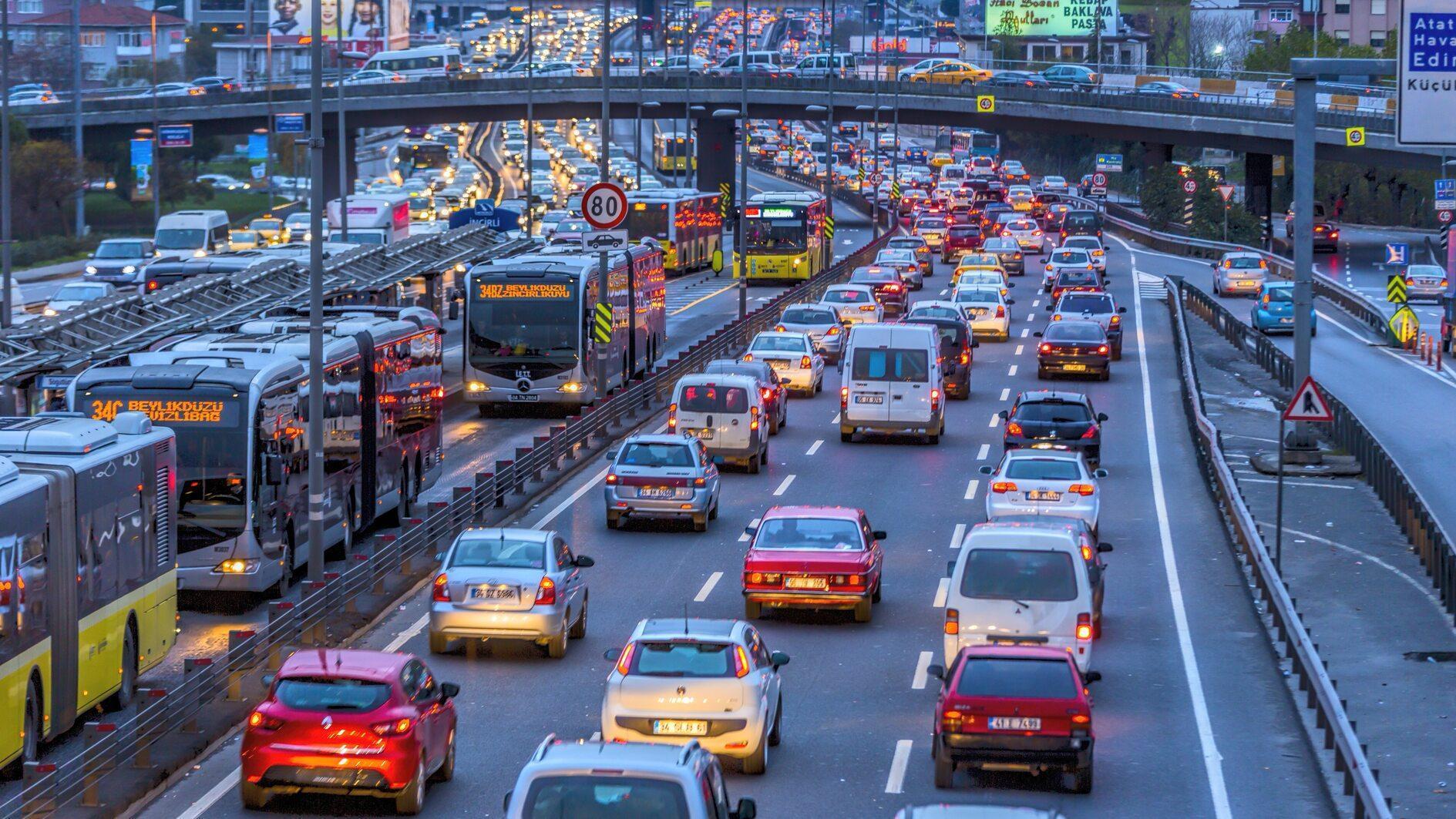Istanbul tops 2024 global traffic congestion rankings
ISTANBUL

A global mobility analytics company has ranked Istanbul as the most traffic-congested city in the world for 2024.
Intrix’s Global Traffic Scorecard revealed that drivers in Türkiye’s largest metropolis spent an average of 105 hours in traffic throughout the year. This represents a significant 15 percent increase in traffic delays compared to 2023.
Trailing Istanbul are New York City and Chicago, which share the second spot. Drivers in these U.S. cities lost an average of 102 hours annually to traffic congestion. London came in fourth, with commuters spending 101 hours in gridlock, while Mexico City completed the top five, with drivers losing 97 hours annually.
Despite Istanbul’s global ranking, London retained its title as Europe’s most congested city for the second consecutive year, accounting for nearly 50 percent of all traffic delays in the United Kingdom.
“Urban centers like Istanbul and London face unique challenges tied to economic growth and population density. While London’s congestion grw modestly by 2 percent, Istanbul’s 15 percent increase highlights the mounting pressures on rapidly expanding cities,” commented Bob Pishue, a transportation analyst and the report’s author.
Efforts to tackle congestion are already underway in some of the world’s busiest cities. In New York, authorities introduced congestion pricing in Manhattan’s busiest districts.
Drivers entering areas around landmarks such as the Empire State Building, Times Square and Wall Street must now pay up to $9 during peak hours and charges of $2.25 at other times.
The pricing is set to rise to $12 by 2028 and $15 by 2031.
Istanbul is also currently exploring a congestion pricing plan to reduce traffic in high-density areas.
Under the proposal, Eminönü has been selected as the pilot region, covering approximately six square kilometers. Following its implementation, the system would expand to other congested districts, including Kadıköy and Beyoğlu.
Vehicles causing greater environmental damage would incur higher charges, while eco-friendly cars would benefit from lower fees.
Additionally, Istanbul plans to introduce low-emission zones to further curb pollution. This system, already in use in cities such as London, Stockholm, Milan and Singapore, imposes extra charges on high-emission vehicles.
As congestion continues to strain urban life, policymakers are increasingly turning to innovative strategies to improve mobility while reducing environmental impact.















